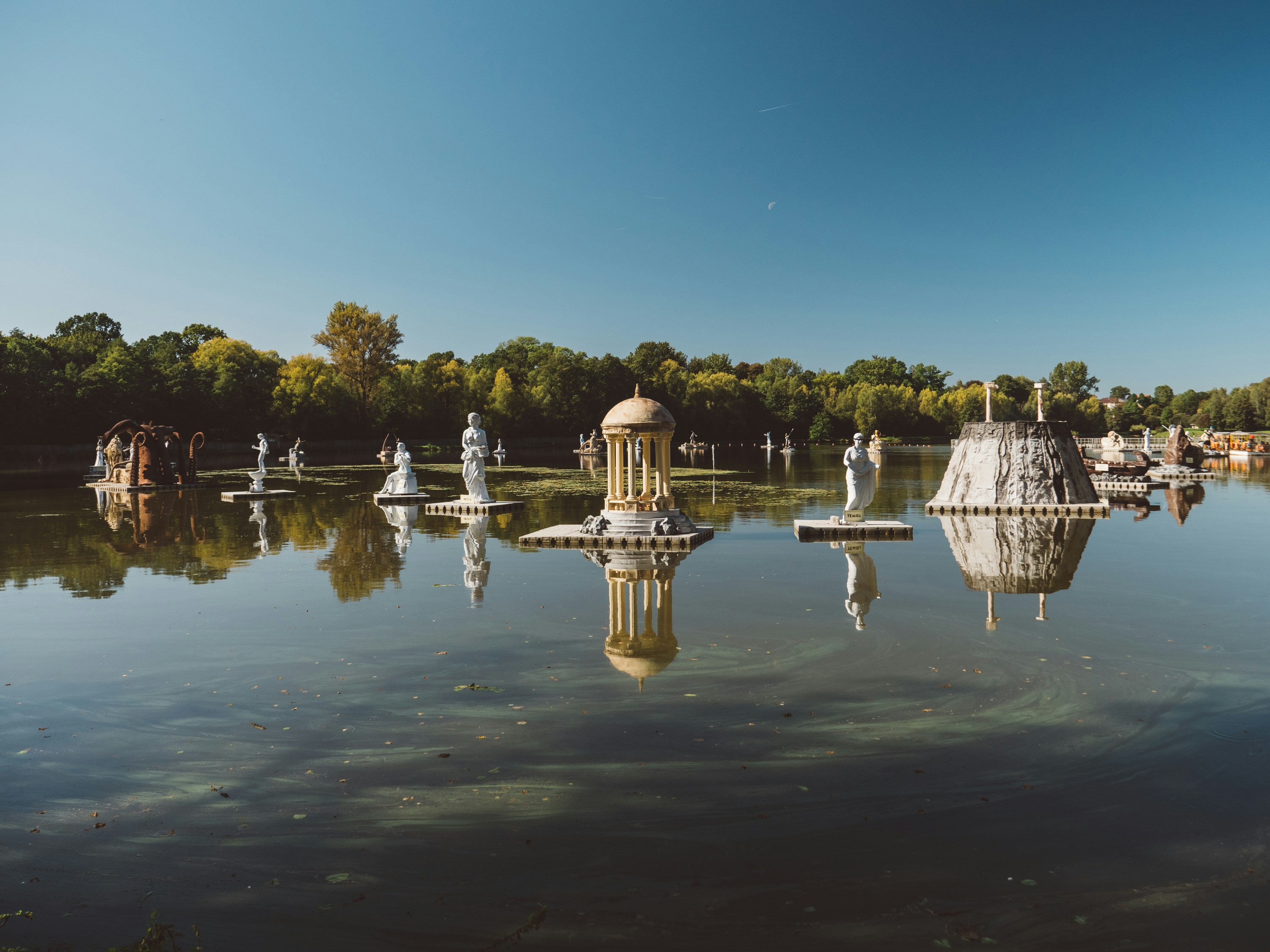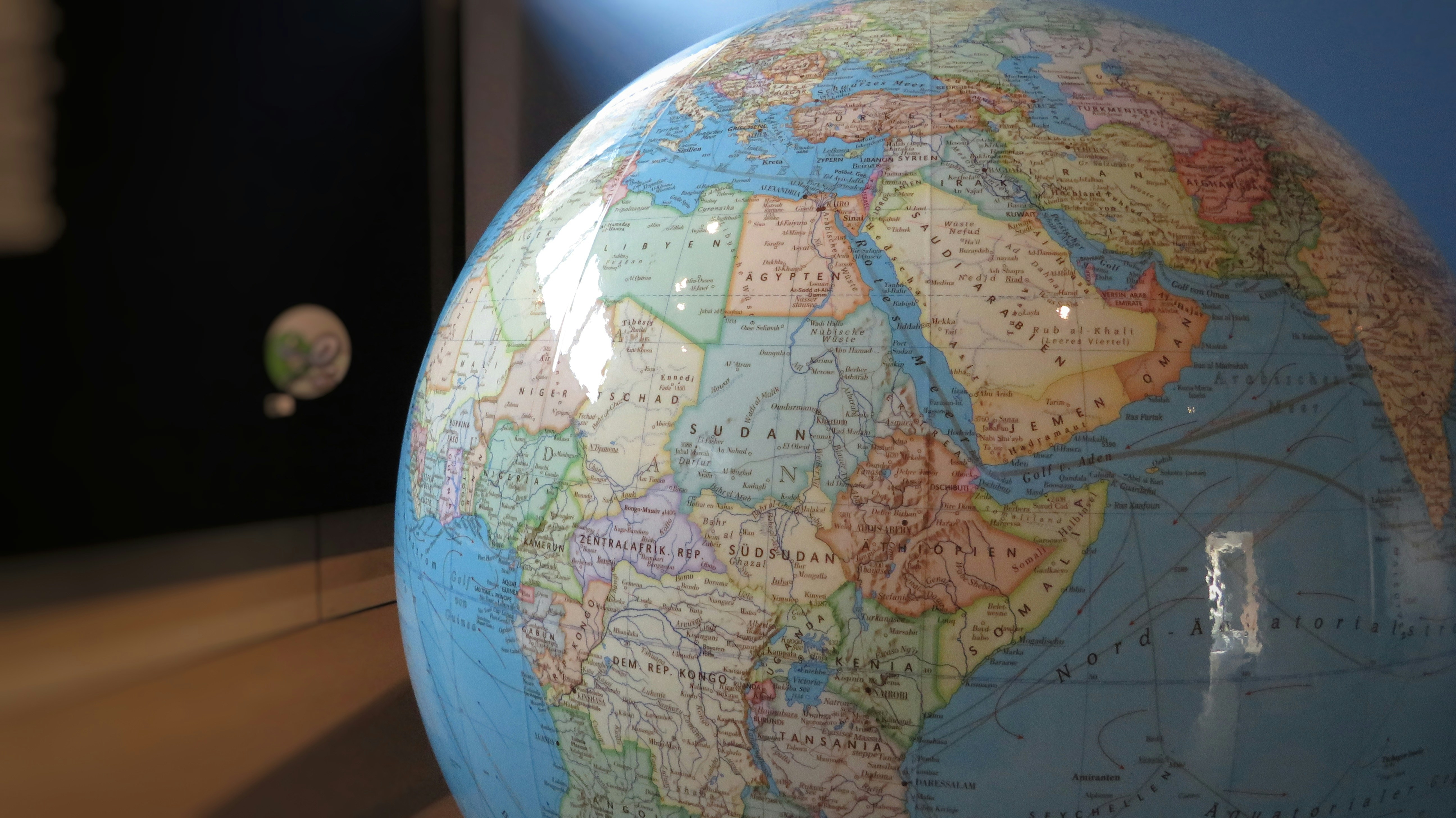Historical Examples of Theocracy
Ancient Egypt
Pharaohs were believed to be divine or semi-divine figures whose rule was justified by a close connection with the gods. This blend of spirituality and governance created an early form of theocratic rule.
Medieval Papal States
The Papal States in medieval Europe exhibited a clear fusion of spiritual authority and temporal power, with the Roman Catholic Church directly influencing legislative and administrative functions.

Modern Iran
Following the Islamic Revolution of 1979, Iran established a theocratic republic where ultimate authority resides with religious jurists, influencing every aspect of governance from law to foreign policy.
